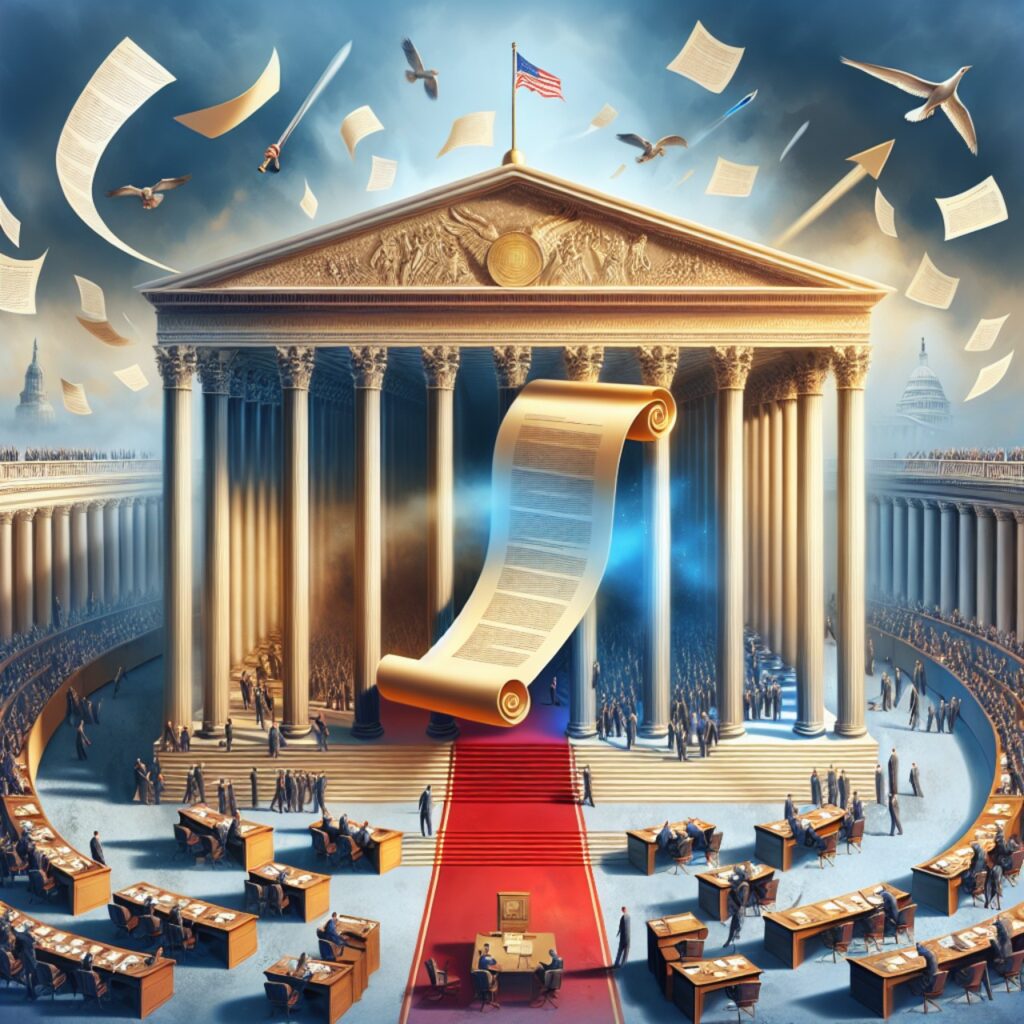A law aimed at regulating the cryptocurrency market structure was approved by the US House of Representatives on Wednesday evening.
The “Financial Innovation and Technology for the 21st Century Act” (FIT21) bill would essentially categorize cryptocurrencies as commodities rather than securities, exempting them from securities laws. It would also decide which agency should have control over cryptocurrencies—the Commodity Futures Trading Commission (CFTC) or the Securities and Exchange Commission (SEC).
With the backing of 71 Democrats, including former House Speaker Rep. Nancy Pelosi of California, the Republican-led bill—the first piece of standalone legislation of its kind—passed the lower house on a vote of 279-136.
Despite criticism from SEC Chair Gary Gensler, who openly voiced his opposition to the crypto law, it passed the US House.
Gensler said, “FIT21 would put investors and capital markets at incalculable risk by creating new regulatory gaps and undermining decades of precedent governing the oversight of investment contracts.” He restated his position that cryptocurrencies are securities and expressed worry that the measure would not include investment contracts recorded on blockchain in the statutory definition of securities, which would mean that they would not be covered by the federal securities laws.
Hours before the vote took place yesterday, the White House voiced its opposition to the bill as well, pointing out that the investor safeguards were insufficient. While expressing his opposition to the bill in a statement, President Biden refrained from threatening to veto it.
What’s next?
The Senate must now approve the plan, but this will be difficult because the majority of senators in the Democratic-controlled Senate have not expressed much interest in it.
Although there is very little possibility that the bill will pass Congress, it can reveal differences in the perspectives of Republicans and Democrats regarding crypto regulation.
In an election year when cryptocurrency has become a political issue, with the expected Republican presidential nominee, Donald Trump, accepting cryptocurrency donations and Democrats taking a softer stance on the subject, the reactions of both political parties are significant.








